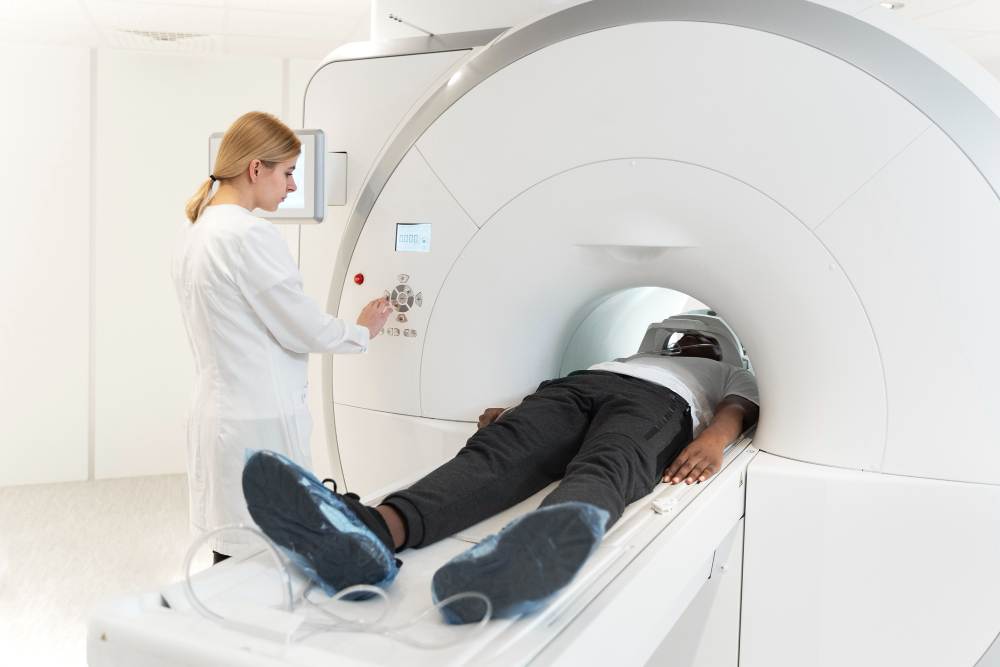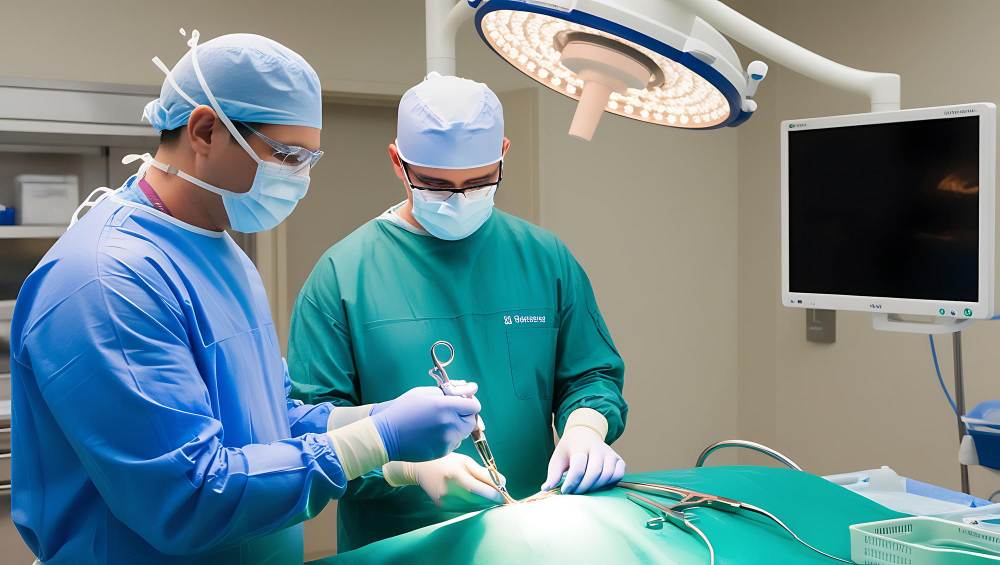In this detailed guide, we define the prevalent penile infections seen and share ways to prevent as well as heal from them effectively for men of all ages.
An Inguinal Hernia occurs when soft tissue, usually part of the intestine, is pushed through a weak spot in the lower abdominal wall. This type of hernia was one of the most common, particularly affecting men.
Read below in detail as explained by the Senior Surgeon for Inguinal Hernia Treatment in Mumbai.
An inguinal hernia occurs when soft tissue, usually part of the intestine, is pushed through a weak spot in the lower abdominal wall. This type of hernia was one of the most common, particularly affecting men

Several factors contributed to the development of Inguinal Hernias:
Understanding these causes helped patients recognize their risk factors and take appropriate preventive measures when possible.
Recognizing the symptoms of an inguinal hernia was crucial for early diagnosis and treatment. Common signs and symptoms included:
It was important to note that inguinal hernias could sometimes be asymptomatic, especially in their early stages. However, even painless hernias should be evaluated by a medical professional to prevent potential complications.

CT Scan for Hernia Surgery
Accurate diagnosis was essential for effective treatment of inguinal hernias. We employed various diagnostic procedures to ensure precise identification and assessment of the condition:
Aspect | Details |
Location | Lower abdomen, groin area |
Types | Direct (through the abdominal wall) and Indirect (through the inguinal canal) |
Prevalence | More common in men; and can affect all ages |
Common causes | Congenital weakness, increased abdominal pressure, age-related muscle weakness |
Main symptoms | The visible bulge in the groin, pain or discomfort, a feeling of heaviness |
Diagnostic methods | Physical exam, ultrasound, CT scan, MRI |
Treatment options | Watchful waiting (rare), open surgery, laparoscopic repair |
Potential complications | Incarceration, strangulation |
Recovery time | 1-4 weeks, depending on treatment method and individual factors |

Inguinal hernias typically did not heal without intervention. Proper treatment was usually necessary to prevent complications.
While surgery was the most effective treatment, small, asymptomatic hernias might be managed with watchful waiting. However, most hernias eventually required surgical repair to prevent complications.
Recovery time varied depending on the surgical method and individual factors. Generally, patients could return to light activities within 1-2 weeks and resume normal activities after 4-6 weeks.
While not all inguinal hernias could be prevented, maintaining a healthy weight, avoiding heavy lifting, and managing conditions that caused chronic coughing could help reduce the risk.
With modern surgical techniques, the recurrence rate for inguinal hernias was relatively low. However, following post-operative instructions and avoiding risk factors could help prevent recurrence.
The cost of laparoscopic inguinal hernia repair in Mumbai varied depending on factors such as the complexity of the case, the specific surgical technique used, and the length of hospital stay. On average, the cost ranged from INR 60,000 to INR 1,80,000. However, it was important to note that these figures were approximate and could vary based on individual circumstances.
Many health insurance plans in India covered inguinal hernia treatments, including laparoscopic procedures. However, coverage could vary depending on the specific policy and the nature of the treatment. We recommended that patients check with their insurance providers to understand their coverage details.
Dr. Pradeep Shriyan, a seasoned and accomplished laparoscopic Hernia surgeon in Mumbai, is a trusted professional serving the Mumbai Suburban. With a wealth of experience and expertise, Dr. Pradeep Shriyan specializes in a wide range of procedures.
Whether you require expert care for hernia repair, recurrent hernia or any other related condition, we invite you to schedule an appointment with the highly skilled and trusted professional, Dr. Pradeep Shriyan. With his extensive expertise and experience, Dr. Shriyan is committed to delivering top-notch surgical interventions to address your specific needs.
Take the first step towards improved health and well-being by booking an appointment with Dr. Pradeep Shriyan today.
In this detailed guide, we define the prevalent penile infections seen and share ways to prevent as well as heal from them effectively for men of all ages.
Discover the reasons behind hernias. Early signs of Hernia and when to seek help of hernia surgeon
• Have nothing to eat or drink 6 Hours before surgery except for prescribed medications you have been told to take with a sip of water.
• Report 2 hours before the Surgery time (OT Procedure)
• Carry Doctor’s Case Paper on which treatment is written at the time of Admission to Hospital
• Carry Insurance Documents with you to the Hospital before Admission
• Do not apply any lotions, perfumes, deodorants, or Nail polish before surgery
• Take off your jewellery including earrings and piercings
• Don’t shave the area, this will be taken care by Hospital nurse
1. Take pain relieving and other medications as advised. Pain-relieving medication should be taken with food.
2. Follow-up with the doctor after a period of 10 days.
3. Eat a healthy diet and drink plenty of non-alcoholic and non-caffeinated drinks.
4. Do not operate any machinery, or lift any heavy articles after Surgery
5. Rest for a few days after the surgery is advisable, but keep mobile.
6. Avoid Bath till the dressing and stiches gets dissolve but if Waterproof dressing is used then can take a bath.
Please consult doctor immediately if you experience any of the following symptoms:
• Large amount of swelling under the wound • Increased drainage from the incision (Operated area) • Increased redness around the operated area • Sudden calf pain or shortness of breath • Foul odour from operated area • Chest pain • Fever greater than 38.0 degrees C.
Developed by PRAZONE Web Solutions
Copyright © 2024 All rights reserved by
Dr Pradeep Shriyan